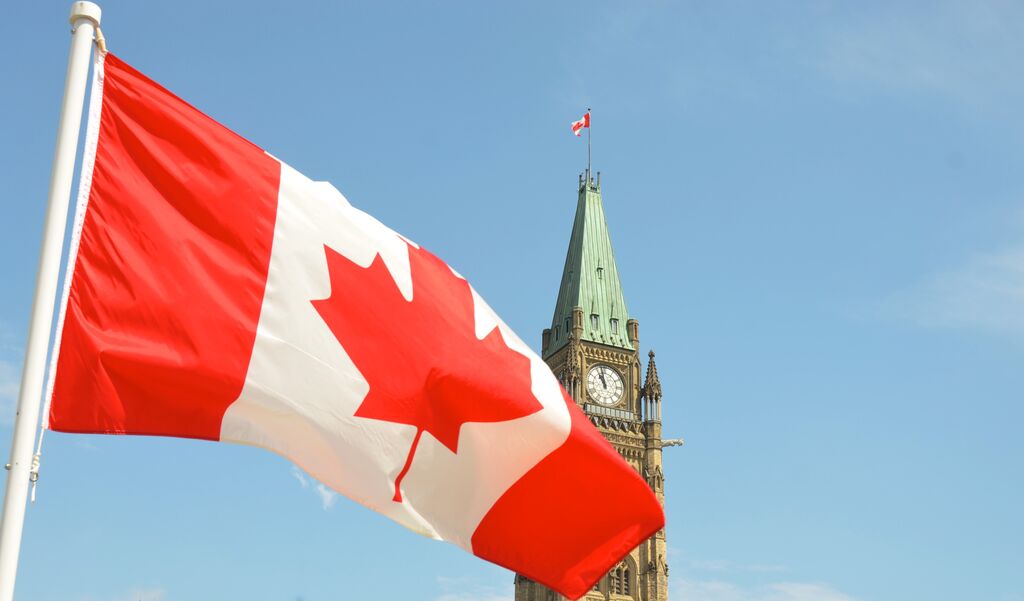Assisted Suicide
Chilling Canadian cases demonstrate dangers of assisted suicide

Chilling cases under Canadian Medical Aid in Dying legislation demonstrate the dangers of doctor-assisted suicide.
The National Post highlights two shocking cases where patients received assisted suicide when they couldn't access proper care and support.
One women, Donna Duncan, was reportedly allowed an assisted death in October following months of mental and physical decline as a result of a concussion sustained in a car crash.
Her daughters tried to stop Ms Duncan being euthanised saying doctors had not properly assessed her mental state, and that she was unable to access help due to long waiting lists. They are now suing.
Another man, Alan Nichols, who suffered from severe mental health issues, was euthanised after being admitted to hospital under the Canadian Mental Health Act.
Soon after Mr Nichols was discharged from mental health services, his family received a phone call saying he had consented to a doctor-assisted suicide.
Despite the family’s pleas, the hospital insisted this was Alan’s decision, and that his medical records were confidential. A few days later, his siblings watched him die.
Alan's brother, Gary, told the National Post the family were shut out of the process and that the system erred terribly. His other brother Wayne said: “They killed our brother.”
Earlier this year, the case of Roger Foley, a severely disabled man, was publicised in Canada. Foley has cerebellar ataxia, a degenerative neurological condition that significantly limits his mobility.
He alleges that he was abused and neglected by carers, leading to him to be admitted to his local hospital where he now lives full time.
Mr Foley filmed doctors attempting to persuade him to opt for an assisted death given the costs of his ongoing care.
This week, CARE for Scotland National Director Stuart Weir spoke out after Nicola Sturgeon said she has not yet made up her mind on assisted suicide proposals before Holyrood. Mr Weir commented:
“In 2015, Ms Sturgeon highlighted the insufficiency of safeguards in legislation allowing physician-assisted suicide. Her assessment was correct then and remains so today. It has been confirmed by the tragic experience of Canada, where vulnerable citizens have been coerced into opting for assisted death after being unable to access care and support. Discrimination and inequality have been exacerbated.
“Canada, and various other jurisdictions, also bear witness to the ‘slippery slope’ that occurs with such laws. If Scotland opens the door to assisted suicide for the terminally ill, a campaign to widen eligibility will begin in earnest. People with disabilities or mental health conditions could be eligible next. No guarantee made today can rule out expansion by future parliaments or through the courts.
“We would urge the First Minister, members of her government, and indeed all MSPs to carefully review the evidence regarding assisted suicide, which confirms that it is dangerous, regressive, and likely to result in profound injustices against some of the most marginalised people in society. Assisted suicide is not something a truly compassionate country should countenance.”
Share
